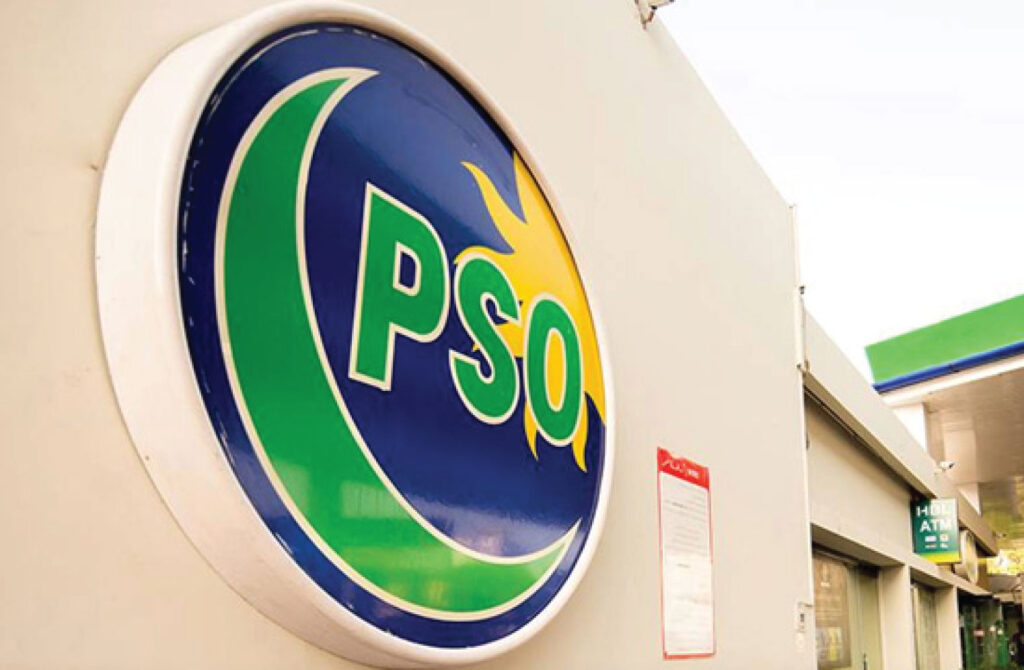The Pakistan State Oil Company Limited (PSO) reported a remarkable 1,727 percent increase in quarterly profit after tax, totaling Rs. 21.89 billion for the first quarter ending on September 30, 2023.
During a meeting on October 20, 2023, the company’s Board of Management (BoM) reviewed this performance, noting that it achieved its highest-ever Q1 net profit after tax of Rs. 23.99 billion, translating to earnings per share of Rs. 51.10. PSO, however, did not declare any dividends for this period.
PSO’s unconsolidated net sales reached Rs. 976 billion, compared to Rs. 929 billion in the same period last year. This sales growth was driven by higher retail petroleum product prices and a significant increase in the sales volumes of Motor Spirit and Hi-Speed Diesel, offsetting a substantial decline in furnace oil volumes.
Despite challenges posed by inflation, regressed economic growth, geopolitical tensions, and global oil price increases, PSO maintained its commitment to nationwide fuel supply. The cost of goods sold increased slightly to Rs. 861 billion, primarily due to the higher retail prices and increased sales volumes of certain petroleum products.
PSO also expanded its market share in the white oil segment, with notable increases in diesel and gasoline market share. In the black oil segment, sales declined due to reduced furnace oil-based power generation, but PSO maintained its leadership.
The company reported a gross profit of Rs. 58 billion with improved gross margins, attributed to significant inventory gains. Additionally, PSO invested in expanding its storage infrastructure and enhancing digital capabilities for operational efficiency.
While other income decreased due to lower interest received on delayed payments, finance costs increased significantly due to higher short-term borrowings. Earnings per share increased substantially, and the company paid higher taxes in comparison to the previous year.
PSO’s Board is actively addressing challenges such as trade receivables, high borrowing costs, and escalating finance costs through settlement discussions with relevant authorities.
